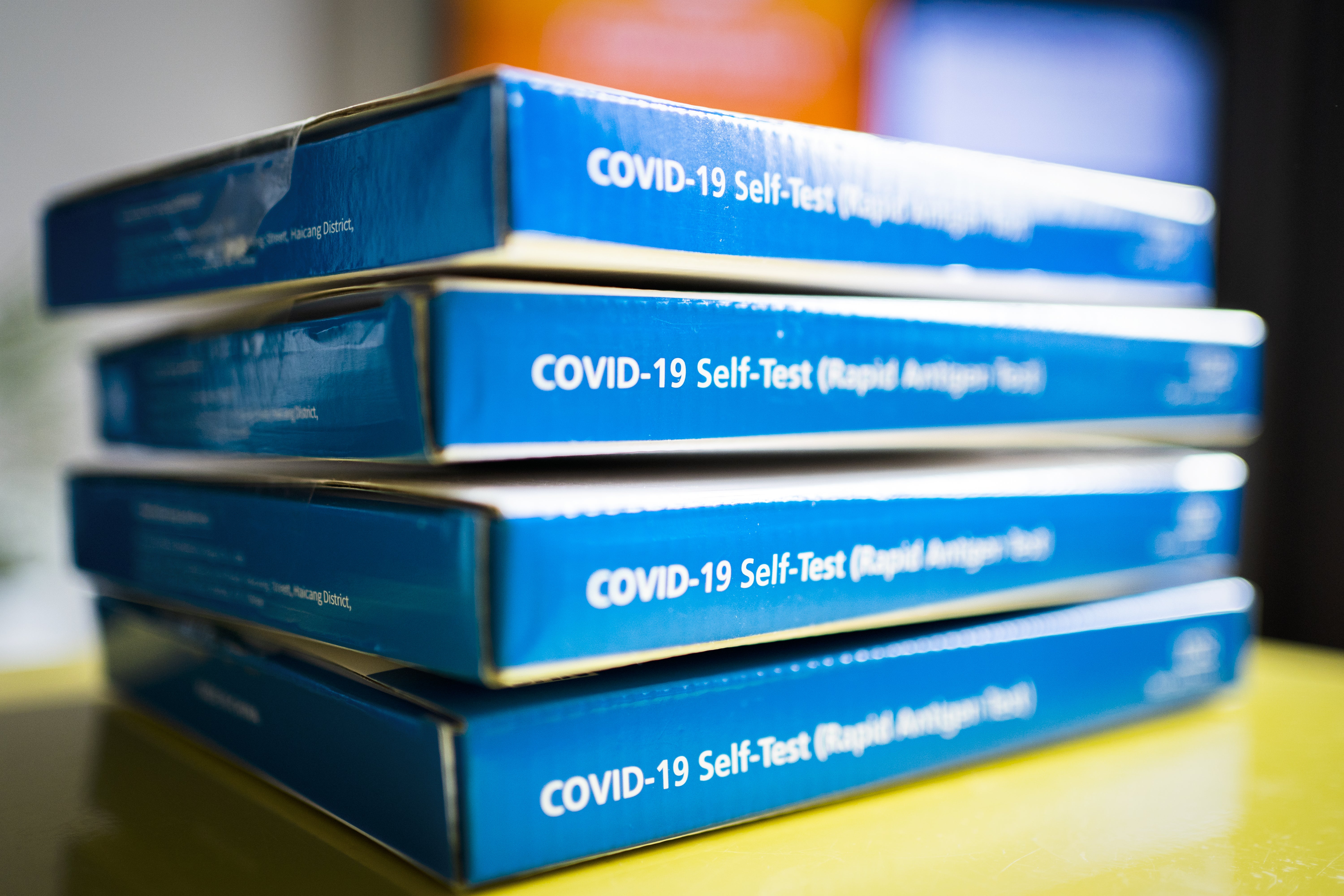
Care home residents who are looked after by agency staff are more likely to catch coronavirus from their carer than those who are looked after by dedicated teams, a study has found.
New modelling by the University of Strathclyde showed that homes which depended on agency staff were two-and-a-half times more likely to spread the virus to their residents.
Dr Itamar Megiddo, co-author of the study, said that the findings “would support policies for limiting the movement of staff working across multiple care homes if their testing compliance is low”.

“While regular testing with high compliance can help reduce infections, the risk of spread is still higher in homes using agency staff,” said Dr Megiddo, of the university’s Department for Management Science.
“At the same time, we need to recognise that these staff are necessary to maintain quality of care and of the life of residents; an element our study did not explore.”
The research, published in the academic journal PLOS Computational Biology, showed that in care homes were agency staff comprised on average 10% of staff the risk of infection for residents increased by 2.5 times compared to having sufficient staff, and 1.5 times compared with being understaffed.
Agency staff are more likely to catch Covid-19 compared to permanent staff, the research found, and while testing them was an important mitigation measure, the modelling revealed that forming bubbles of care homes and restricting agency staff to only working within a bubble had limited impact on the spread of Covid-19.
Lead author and PhD candidate Le Khanh Ngan Nguyen said the model is now being used in the UK Government’s Department of Health and Social care.
Previous research by the team, published in the journal Infection Control and Hospital Epidemiology, showed that routine testing of staff is best way of stopping Covid-19 transmission in care homes.







